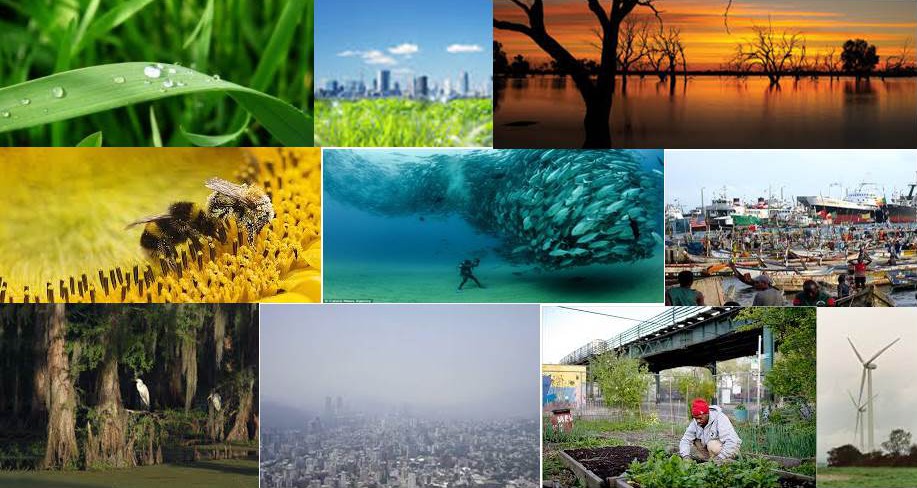According to the Emmons article. he question “Can American consumers continue to serve as the engine of U.S. and global economic growth as they did during recent decades? Several powerful trends suggest not, at least for a while. He mentioned five trends working against consumer spending and one of them is Stagnant Growth. Stagnant growth is potential slow economic growth and very high unemployment rate. In other words, jobs growth doesnt not match with the job seeker. Moreover, the prices of things will keep rising when ecnomic isn’t. When there is unequal growth between the consumer spending or consumer earning will affect the whole economic growth.
Author Archives: Fay
Economic Climate Change Theories
What is your understanding of the neoclassical perspective as presented by the authors? What are the assumptions about human economic behavior?
The neoclassical economics’ focal point is to establish the prices and productivity, revenue from the markets in the course of supplies and demands. The author’s neoclassical perspective is based on cap and trade solution which appealing to pure exchange. “For example, the cap on coal-based energy providers/producers would require them to reduce carbon emissions, and providers would be able to trade credits among themselves and with other energy producers.”The assumptions about human economic behavior are that people endeavor to make the most of outcomes as precise by their limited resources. People always want more, it’s the nature.
The authors discuss what they call “Innovation Economics.” What do Atkinson and Hackler mean by innovation economics? Describe their perspective.
Innovation economics is to remove deficiency sources in the outside market. By doing innovation, which has possible to improve any imperfections technology changes, economy growth and as well as introducing clean energy innovations to the world. “Facilitating such innovative actions, improving productive and adaptive efficiency, and supporting a clean energy innovation system require a variety of policy tools to grow the economy in a strategic zero-carbon direction.”



